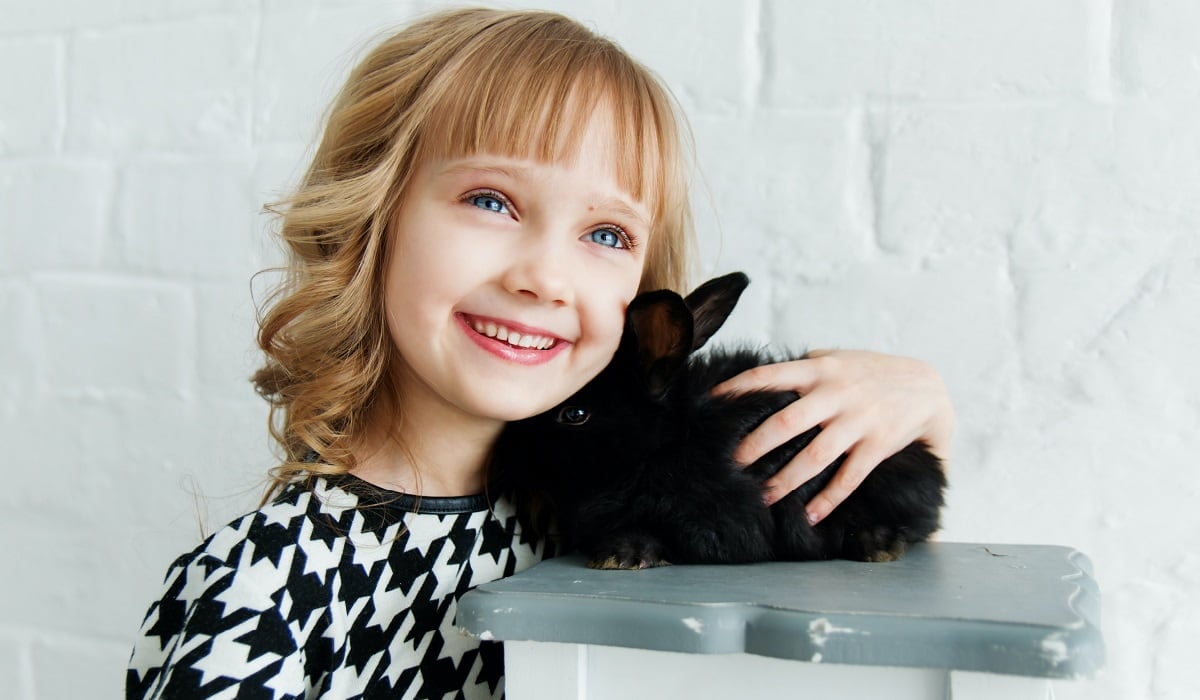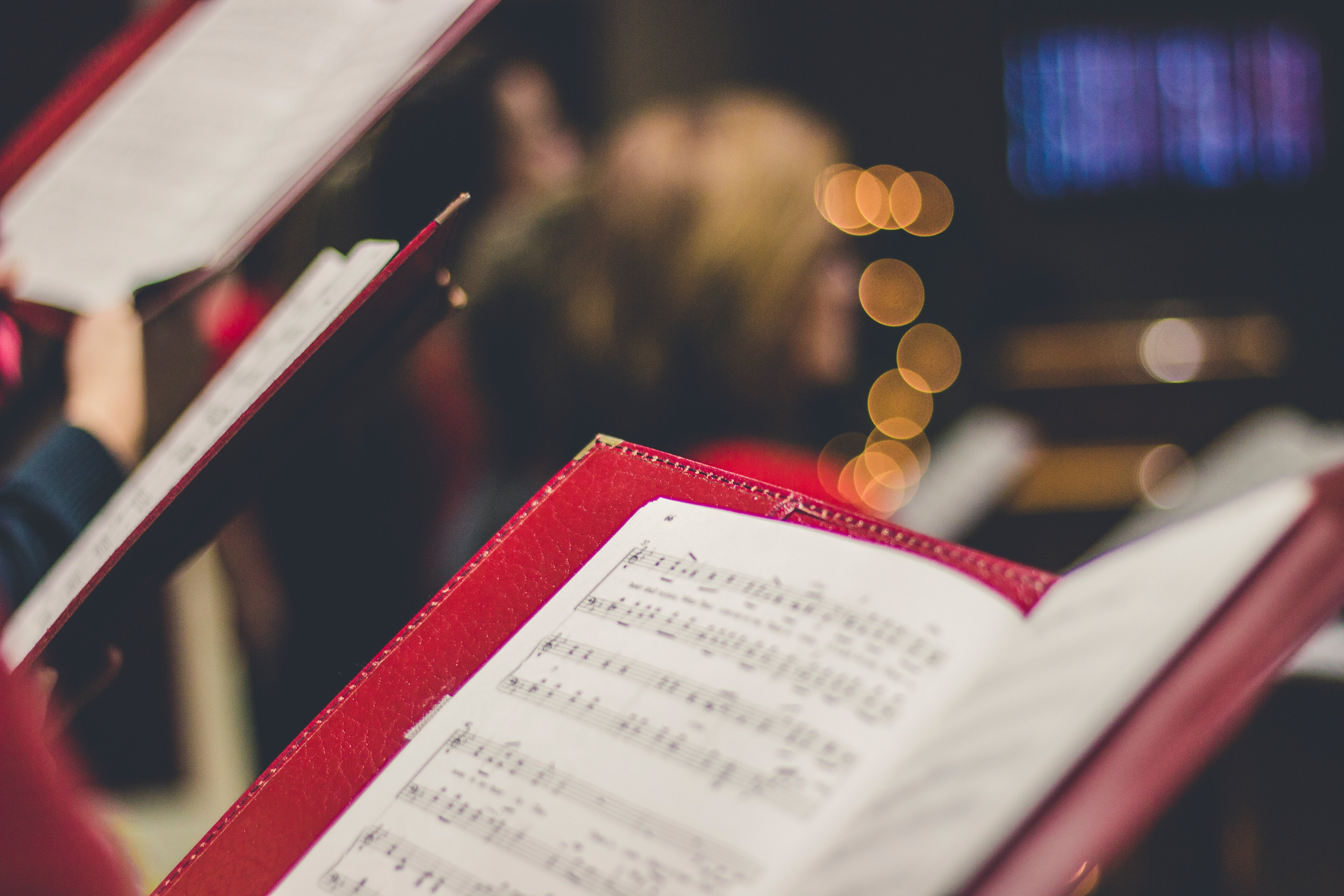Apprendre l’anglais en s’amusant ? C’est possible ! Il existe de nombreuses façons originales de renforcer l’apprentissage de l’anglais à la maison dont les chansons, notre sujet du jour. La combinaison des mots, du rythme et de la mélodie permet aux plus jeunes d’assimiler, sans effort, les sons spécifiques à la langue, tout en apprenant un peu de vocabulaire et quelques structures grammaticales. Tout cela sans même s’en rendre compte et au travers d’une activité aussi agréable qu’est le chant.
Voici notre sélection de chansons célèbres populaires en anglais pour enfants, répertoriées par tranches d’âge, en espérant que vous y trouverez l’inspiration, soit pour un moment de détente soit pour travailler une leçon d’anglais en particulier ; dans tous les cas, vos enfants seront ravis.
Chansons en anglais pour enfants
Commençons par le classique «Happy Birthday» qui, selon le livre Guinness des Records, est la mélodie la plus chantée au monde. Écrite en 1889 par deux éducatrices nord-américaines, cette chanson est le clou de toutes les fêtes d’anniversaire. Et son texte, extrêmement simple et répétitif, peut être appris très facilement par les plus jeunes :
Happy birthday to you
Happy birthday to you
Happy birthday [name]
Happy birthday to you
«If you’re happy and you know it»
Une chanson amusante qui invite nos enfants, à chaque strophe, à faire un geste différent d’expression de joie. Le schéma est répétitif et la mélodie très facile à retenir, d’où son succès.
If you’re happy and you know it, clap your hands!
If you’re happy and you know it, clap your hands!
If you’re happy and you know it, then you really ought to show it;
if you’re happy and you know it, clap your hands!
If you’re happy and you know it, stomp your feet!
If you’re happy and you know it, stomp your feet!
If you’re happy and you know it, then you really ought to show it;
if you’re happy and you know it, stomp your feet!
If you’re happy and you know it, shout “hooray”!
If you’re happy and you know it, shout “hooray”!
If you’re happy and you know it, then you really ought to show it;
if you’re happy and you know it, shout “hooray”!
If you’re happy and you know it, do all three!
If you’re happy and you know it, do all three!
If you’re happy and you know it, then you really ought to show it;
if you’re happy and you know it, do all three!
Place ici à l’une des chansons traditionnelles les plus célèbres et anciennes, puisque elle remonte aux années 1600. Transmise par voie orale de génération en génération, il en existe aujourd’hui de nombreuses versions. Avec cette chanson, les plus jeunes peuvent apprendre le nom de certains animaux.
Old MacDonald had a farm,
E-I-E-I-O.
And on his farm he had a cow,
E-I-E-I-O.
With a moo-moo here,
and a moo-moo there,
here a moo, there a moo,
everywhere a moo-moo.
Old MacDonald had a farm,
E-I-E-I-O.
Poi si prosegue con gli altri animali: a pig, a horse, a duck…
Ô combien sympathique, cette chanson pour enfants raconte les mésaventures d’une pauvre araignée un beau jour de pluie.
The itsy-bitsy spider
Climbed up the water spout
Down came the rain
And washed the spider out
Out came the sun
And dried up all the rain
And the itsy-bitsy spider
Climbed up the spout again
Voici une autre chanson simple et très facile à retenir qui apprend aux enfants à compter jusqu’à 6 en anglais et à commencer à dire l’heure, puisque son principe est qu’à chaque strophe correspond un changement d’heure.
Hickory Dickory dock
The mouse ran up the clock
The clock struck (one, two, three, four, five, six)
The mouse ran down
Hickory Dickory dock
Chansons pour enfants de 3 à 8 ans
«London Bridge is falling down»
Cette chanson très ancienne remonte à 1600. Son vocabulaire riche et l’emploi de nombreux phrasal verbs en fait la chanson idéale pour les enfants scolarisés en primaire.
London Bridge is falling down,
falling down, falling down.
London Bridge is falling down,
my fair lady.
Take a key and lock her up,
lock her up, lock her up.
Take a key and lock her up,
my fair lady.
How will we build it up,
build it up, build it up?
How will we build it up,
my fair lady?
Build it up with silver and gold,
silver and gold, silver and gold.
Build it up with silver and gold,
my fair lady.
Gold and silver I have none,
I have none, I have none.
Gold and silver I have none,
my fair lady.
Build it up with needles and pins,
needles and pins, needles and pins.
Build it up with needles and pins,
my fair lady.
Pins and needles bend and break,
bend and break, bend and break.
Pins and needles bend and break,
my fair lady.
Build it up with wood and clay,
wood and clay, wood and clay.
Build it up with wood and clay,
my fair lady.
Wood and clay will wash away,
wash away, wash away.
Wood and clay will wash away,
my fair lady.
Build it up with stone so strong,
stone so strong, stone so strong.
Build it up with stone so strong,
my fair lady.
Stone so strong will last so long,
last so long, last so long.
Stone so strong will last so long,
my fair lady.
Avec sa mélodie traditionnelle et bien connue de tous, cette dernière chanson de notre sélection offre également un vocabulaire aussi large que riche :
Oh my darling, oh my darling. Oh my darling, Clementine,
You were lost and gone forever, dreadful sorrow, Clementine.
In a cavern, in a canyon, excavating for a mine.
Lived a miner forty-niner, and his daughter Clementine.
Yes I love her, how I love her, thought her shoes were number nine.
Herring boxes without topses, sandals were for Clementine.
Oh my darling, oh my darling. Oh my darling, Clementine,
You were lost and gone forever, dreadful sorrow, Clementine.
Drove the horses to the water, every morning just at nine.
Hit her foot against a splinter, fell into the foaming brine.
Ruby lips above the water, blowing bubbles soft and fine.
But at last, I was no swimmer, so I lost my Clementine.
Oh my darling, oh my darling. Oh my darling, Clementine,
You were lost and gone forever, dreadful sorrow, Clementine.
You were lost and gone forever, dreadful sorrow, Clementine.
Avez-vous pris bonne note de toutes ces jolies chansons en anglais pour enfants ? En les écoutant, petits et grands passeront un très bon moment ensemble tout en apprenant, sans trop d’efforts, du vocabulaire et des structures langagières. Apprendre au rythme de la musique, n’est-ce pas merveilleux ?!
.png?width=200&height=81&name=MicrosoftTeams-image%20(29).png)










